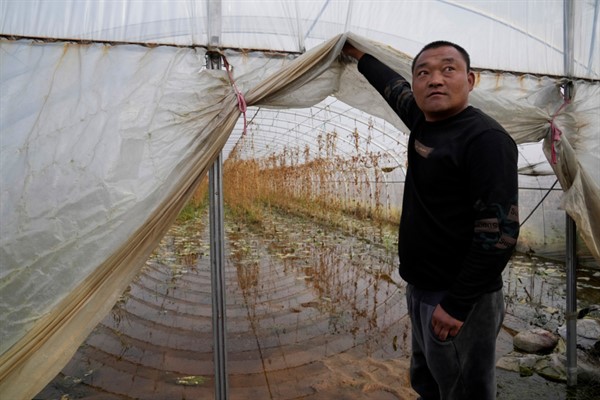For the past 60 years, a series of agricultural innovations have helped feed the world. New varieties of staple crops produced high yields. New fertilizers encouraged crop health. And improved agronomic methods helped farmers make the most of their resources. These new tools and practices became foundational to the production of agriculture in the U.S. and around the world, enabling marked increases in output and important reductions in rural poverty.
But that productivity-centric model is no longer meeting global needs. Over the past decade, hunger has once again started to rise, bringing with it doubts about our long-term ability to nourish the world’s population, which is projected to reach 10 billion by 2050. The pandemic only worsened these trends. Today, around one-tenth of the planet—some 811 million people—is undernourished
It’s also clear now that the challenge is greater than producing more food to end hunger. The same innovations that made staple crops so cheap and widely available also popularized diets that tend to cause obesity and other preventable diseases. And we now know that many of these new agricultural practices contribute to climate change and damage the environment.

